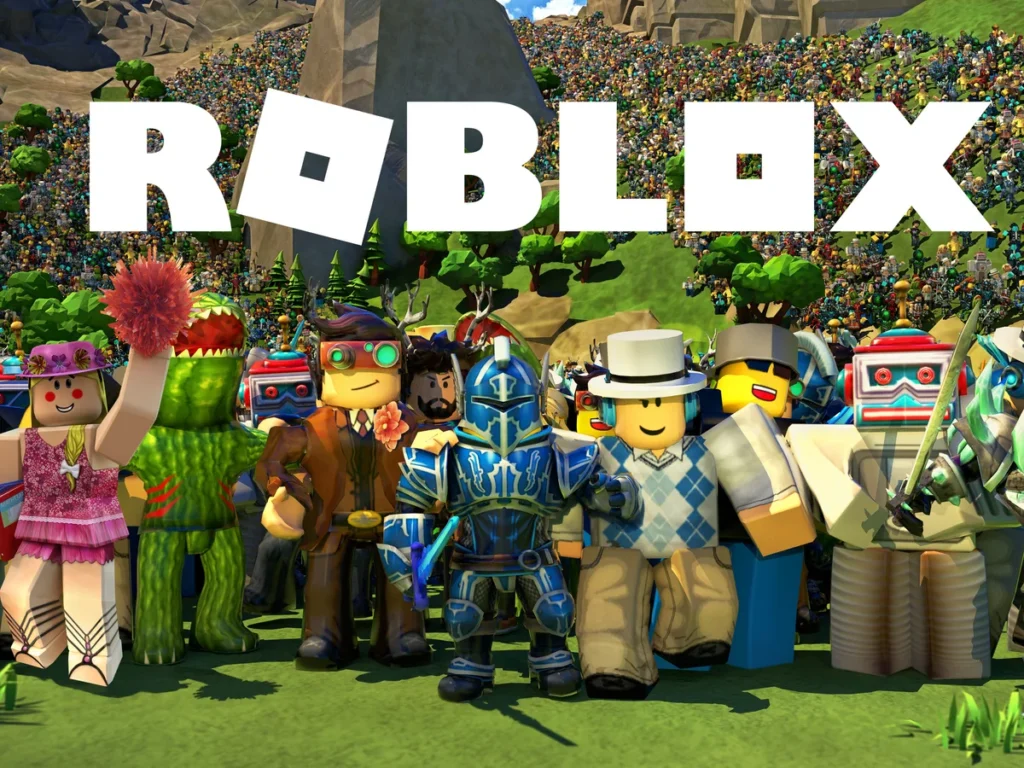Plastic Pollution
What is Plastic pollution
Plastic pollution is the accumulation of plastic products in the environment, which can harm wildlife, ecosystems, and human health. It occurs when plastic waste, like bottles, bags, and packaging, is improperly disposed of and ends up in oceans, rivers, and landscapes. This pollution can take hundreds of years to decompose, leading to serious environmental issues and threatening marine life and habitats.
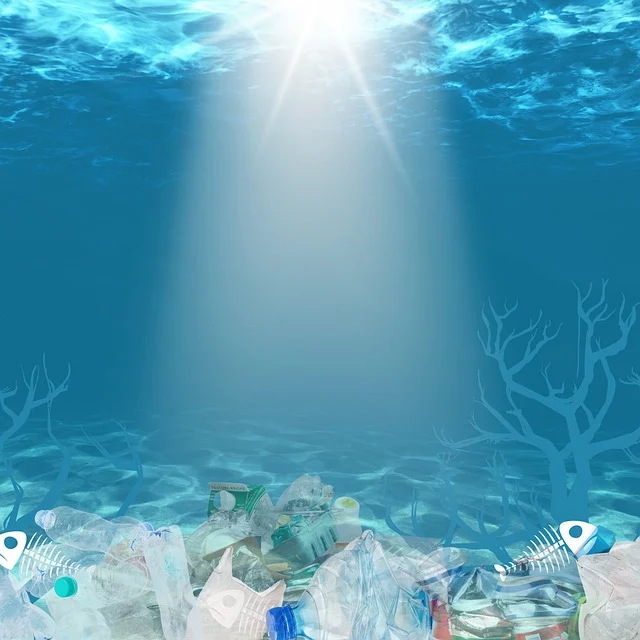




Why is this important?
Plastic pollution is harmful because it poses significant environmental, wildlife, and human health risks. When plastic waste accumulates in oceans and landfills, it can choke marine animals, entangle wildlife, and disrupt ecosystems. Microplastics, tiny plastic particles resulting from larger plastics’ breakdown, can enter the food chain, potentially affecting human health. Additionally, plastic pollution can leach harmful chemicals into the soil and water, contributing to broader environmental issues like soil degradation and water contamination. Overall, plastic pollution threatens biodiversity and the well-being of future generations.
How we can make a change!
Here are steps to saving our earth
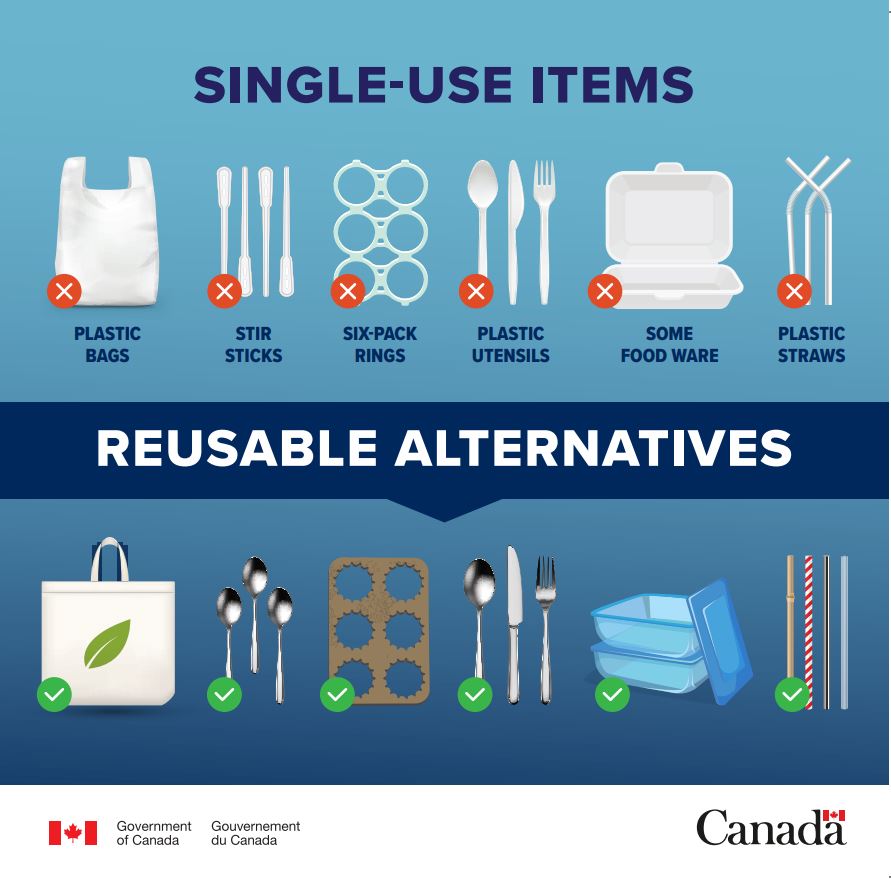
Reduce Single-Use Plastics:
Encourage the use of reusable alternatives, such as bags, water bottles, and straws.
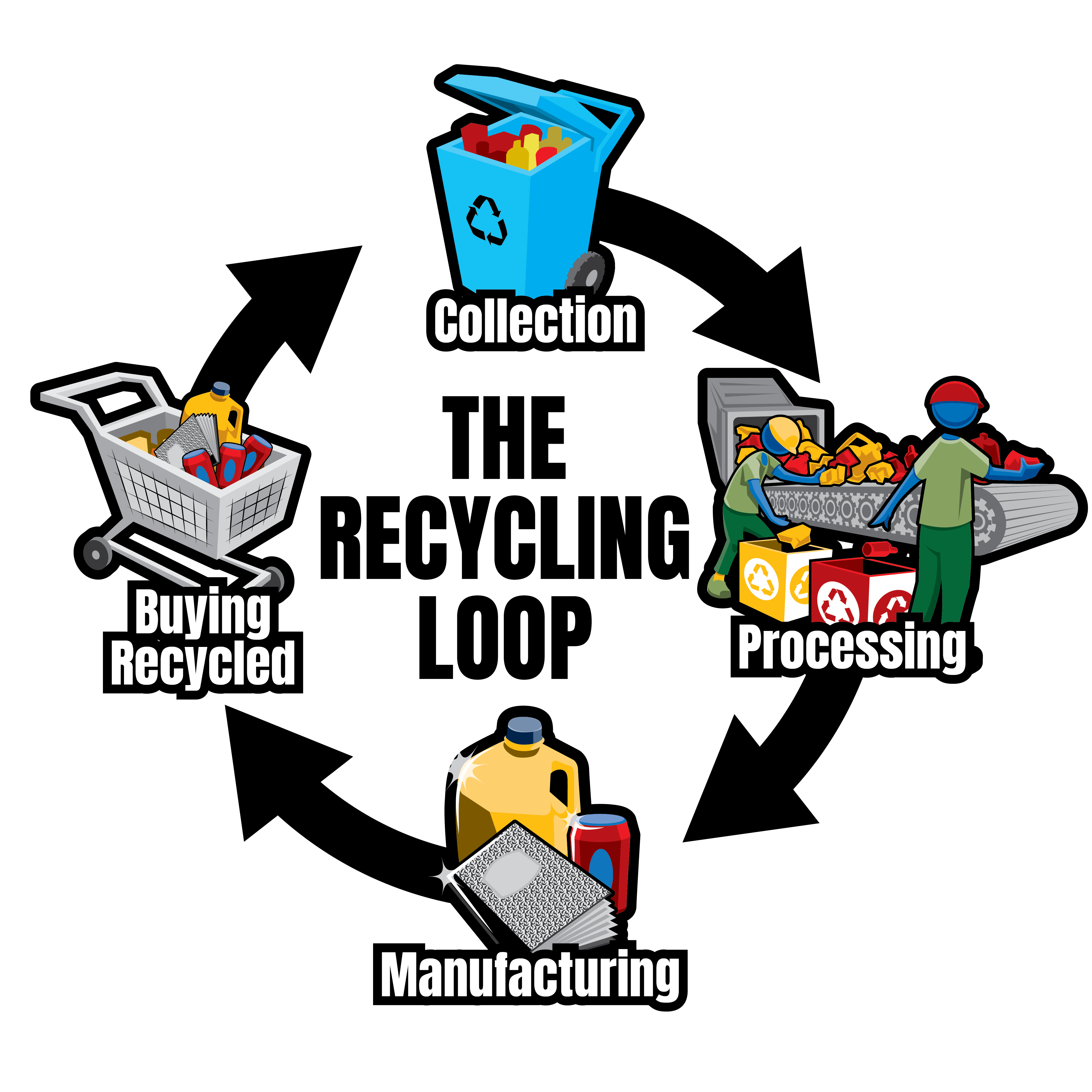
Promote Recycling:
Improve recycling programs and education to ensure that more plastics are properly recycled rather than ending up in landfills or waterways.
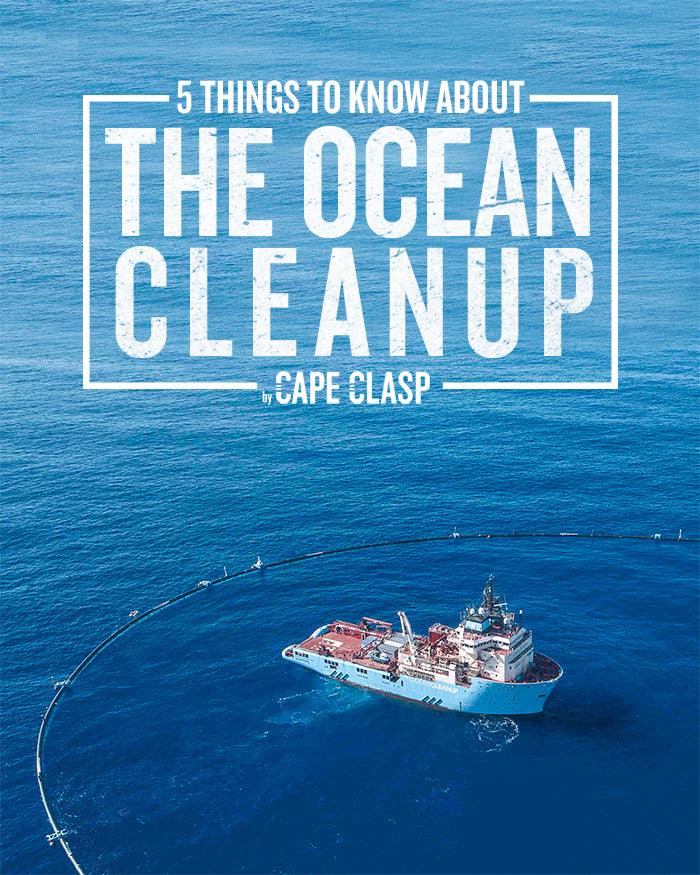
Support Clean-Up Efforts:
Participate in or donate to organizations focused on ocean clean-up projects.
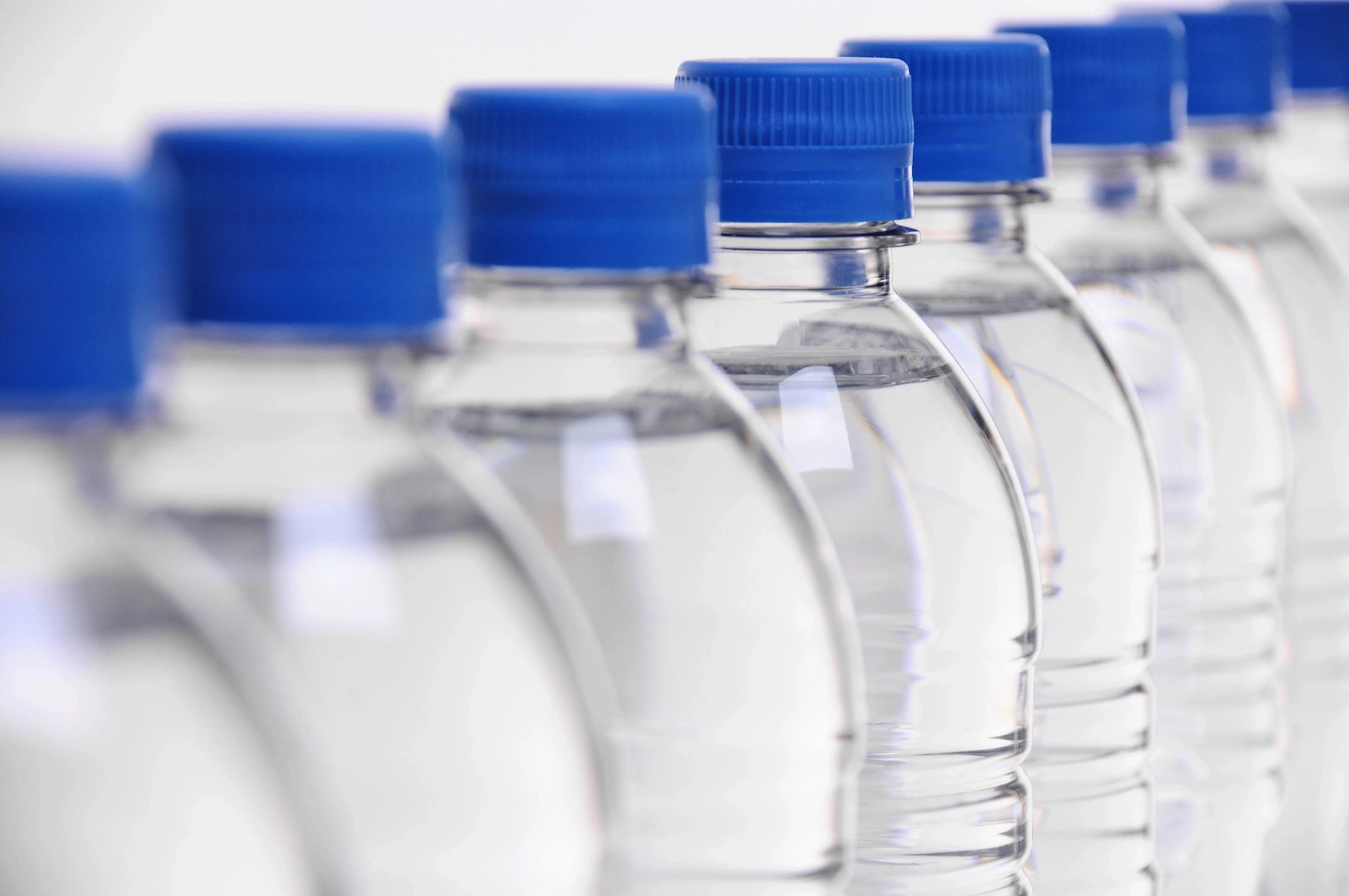
Advocate for Legislation:
Support laws and initiatives aimed at reducing plastic production and improving waste management.
Lets make tomorrow a better place!
There are many other resources and ways to help. Lets all do our part in making the world a better place!
